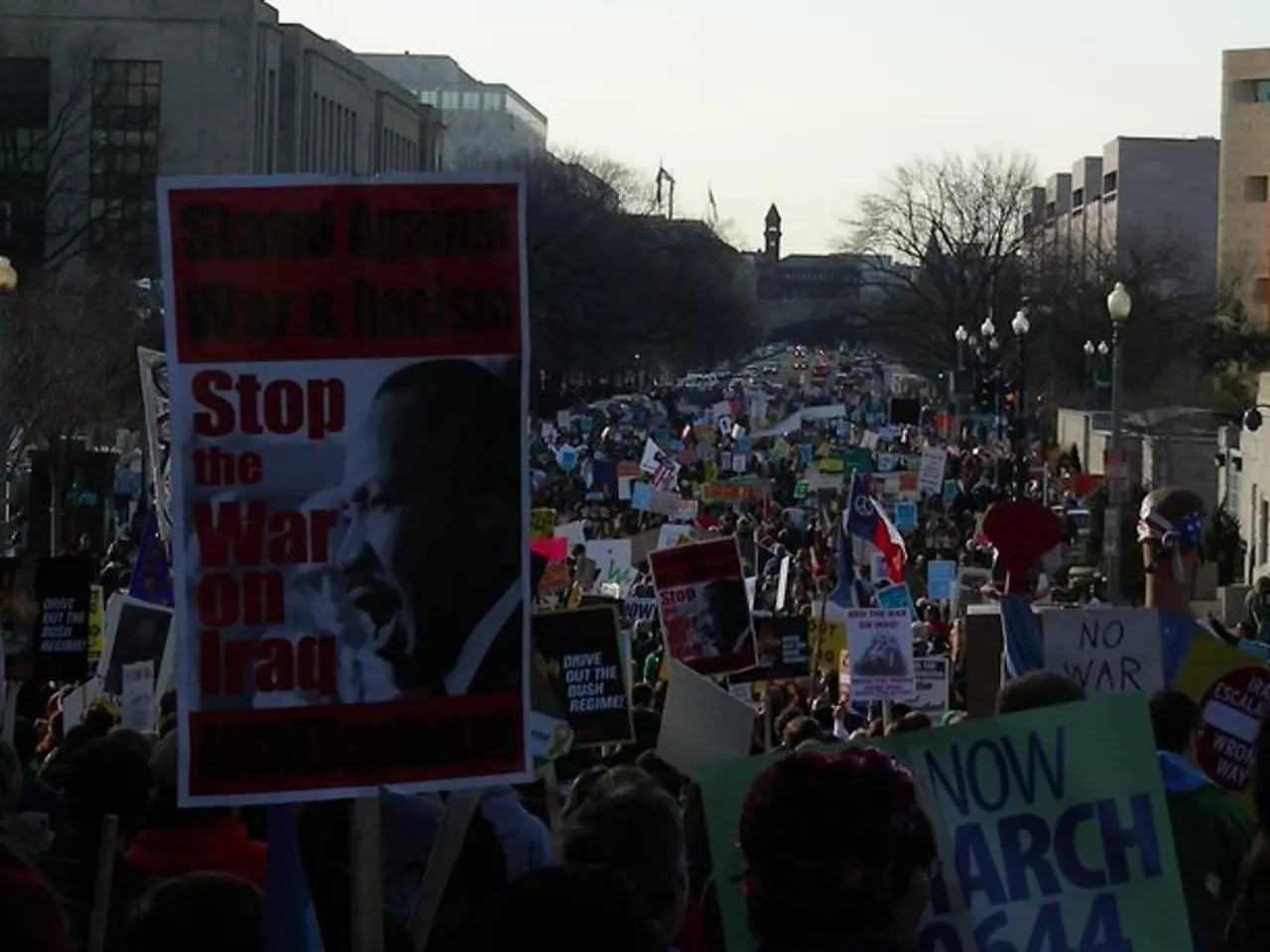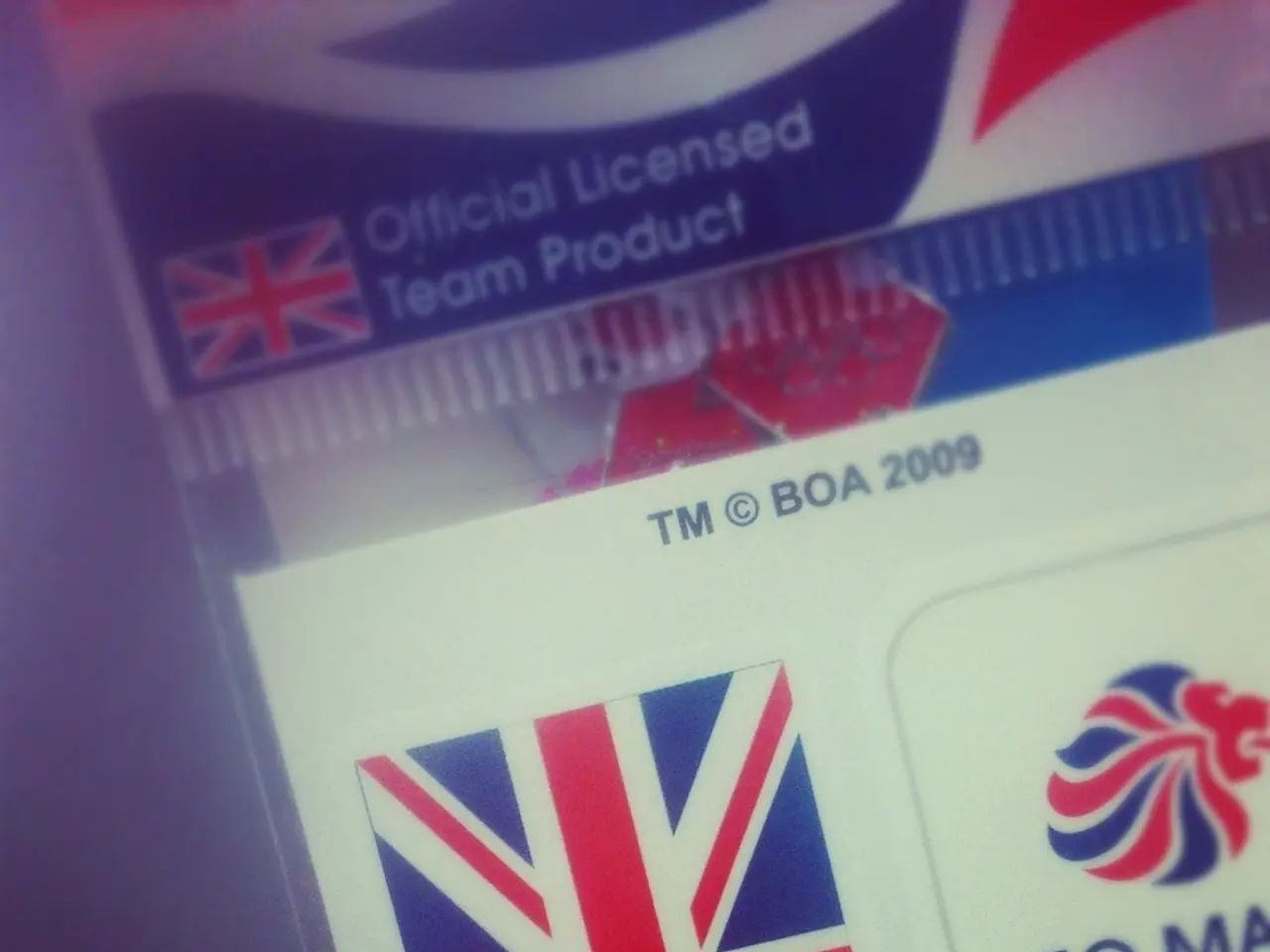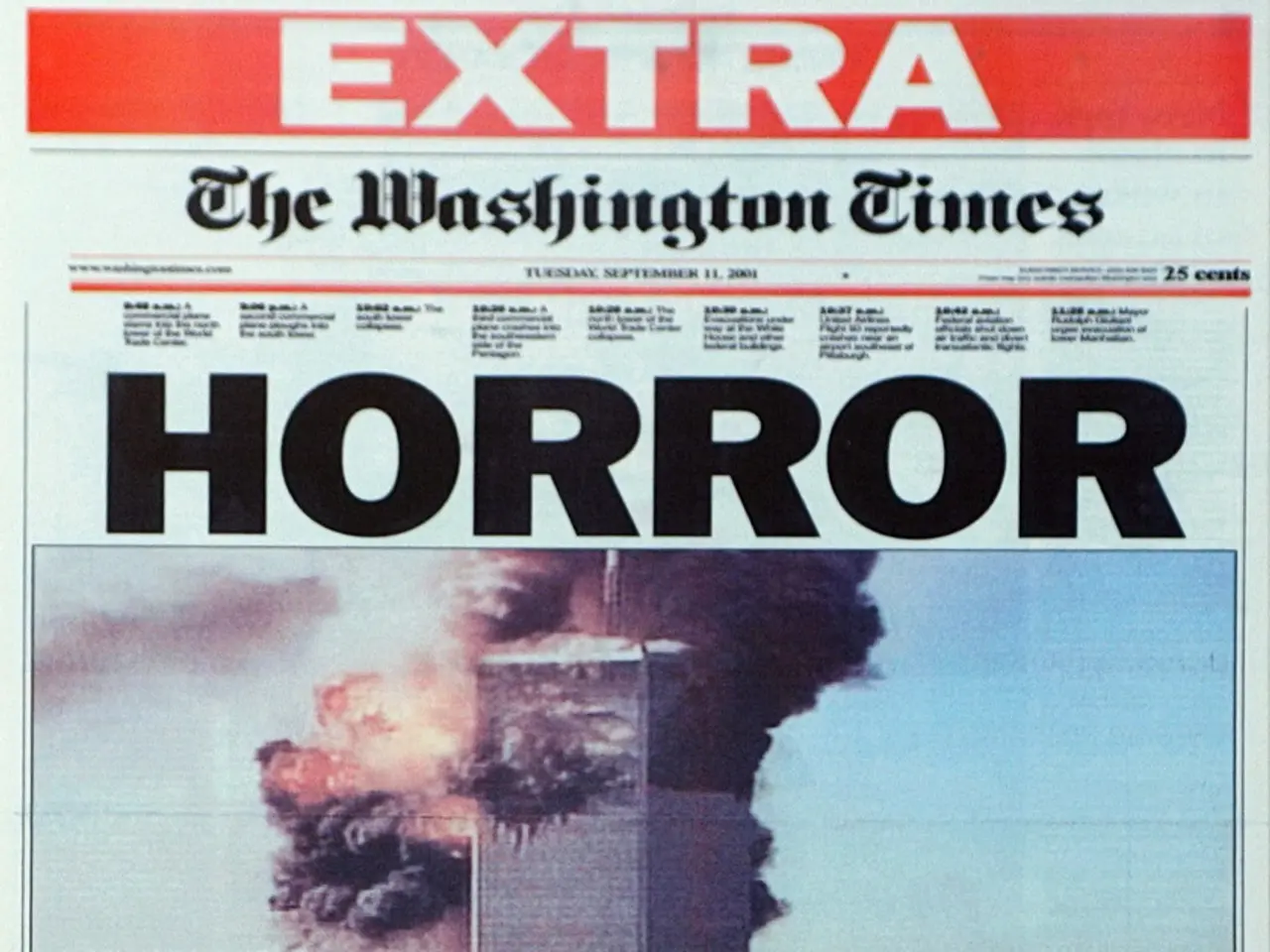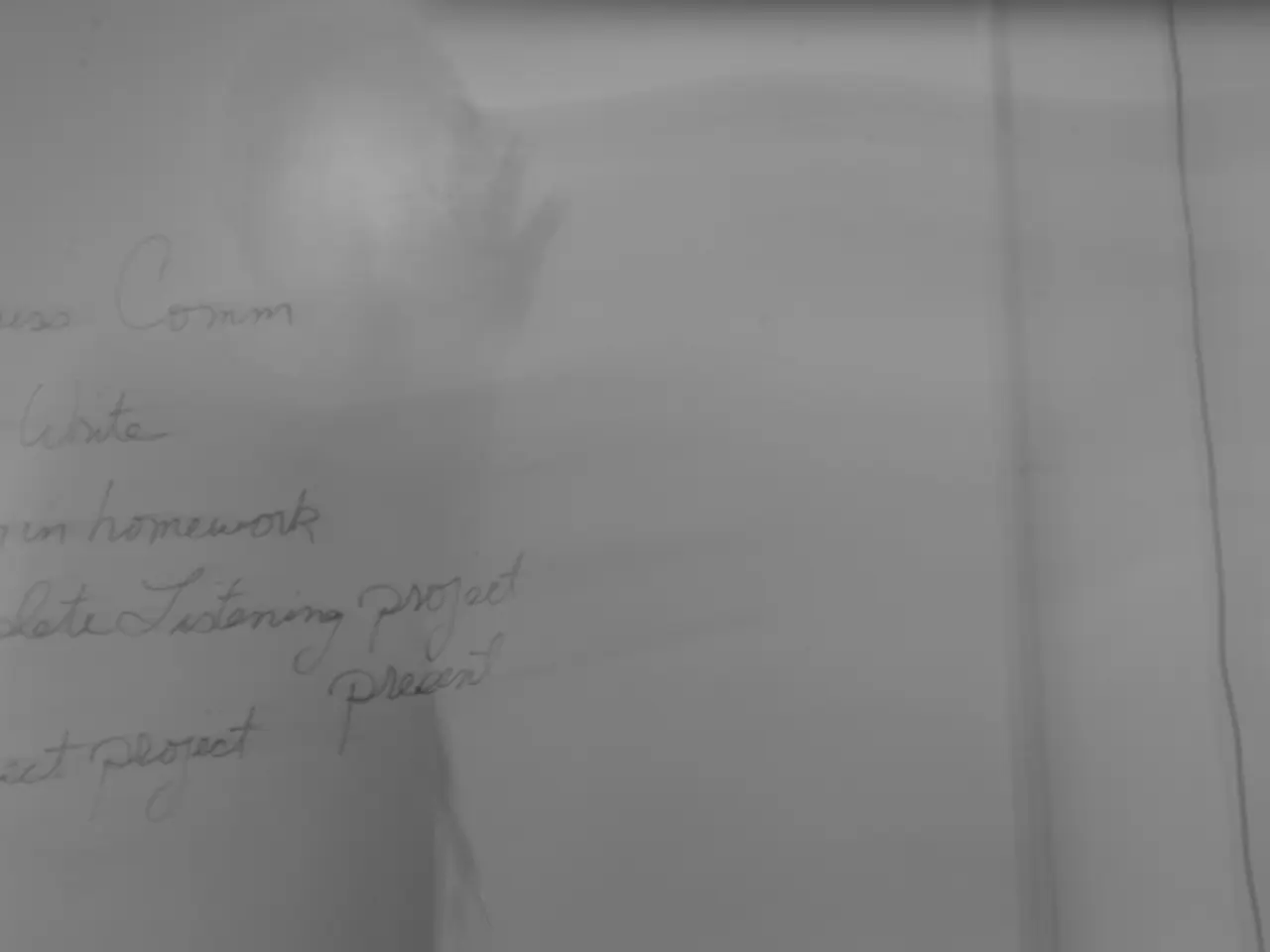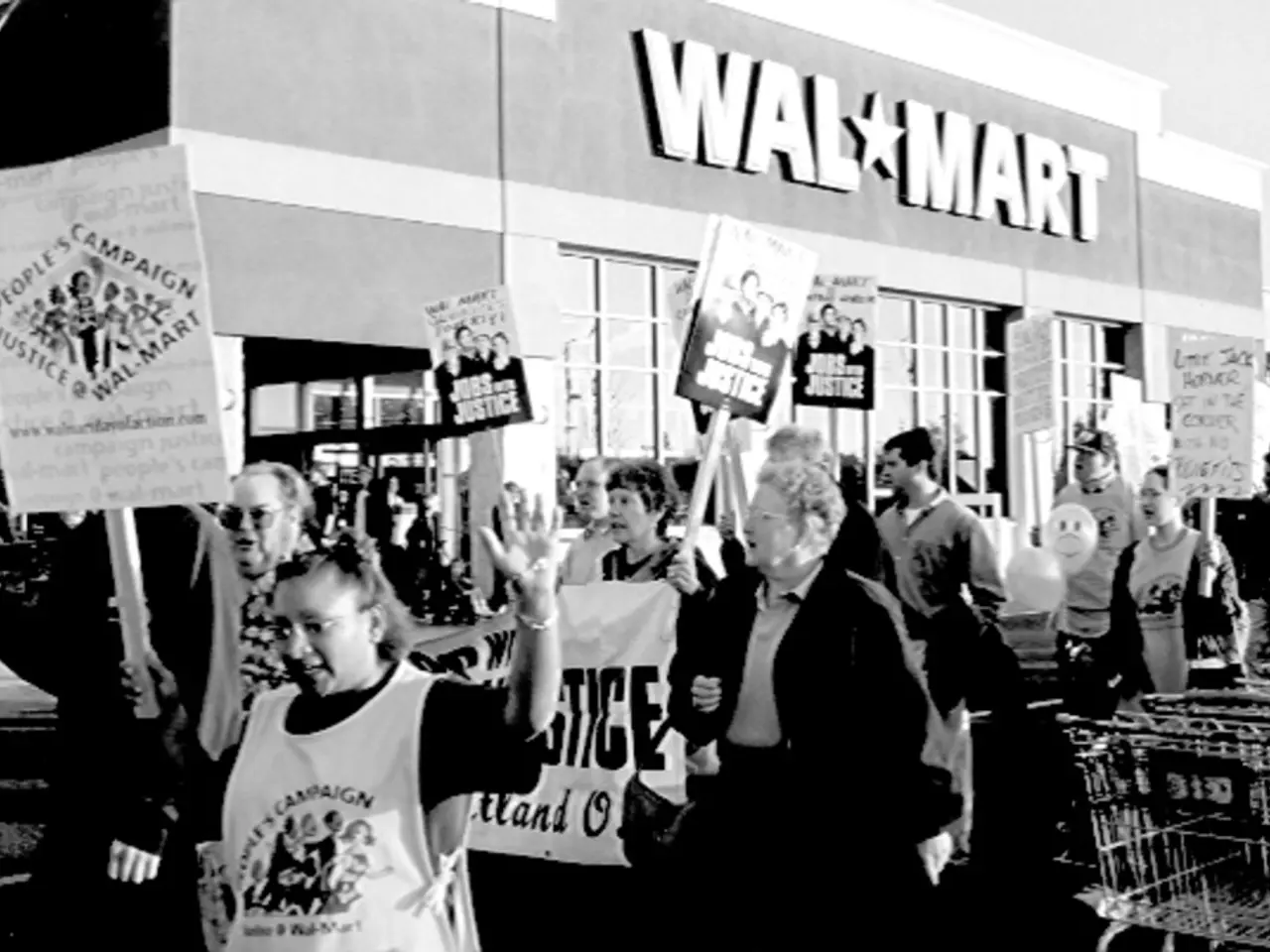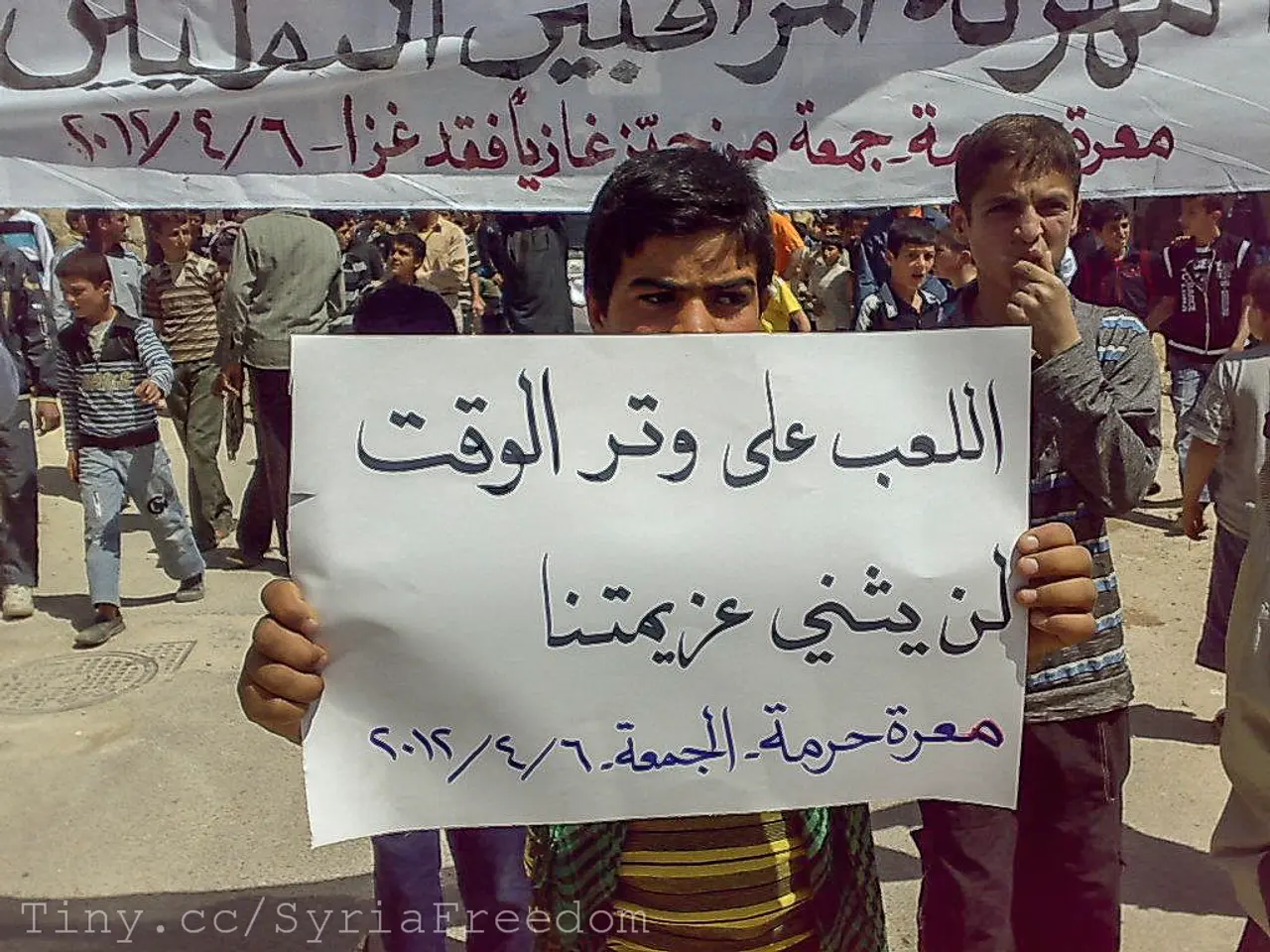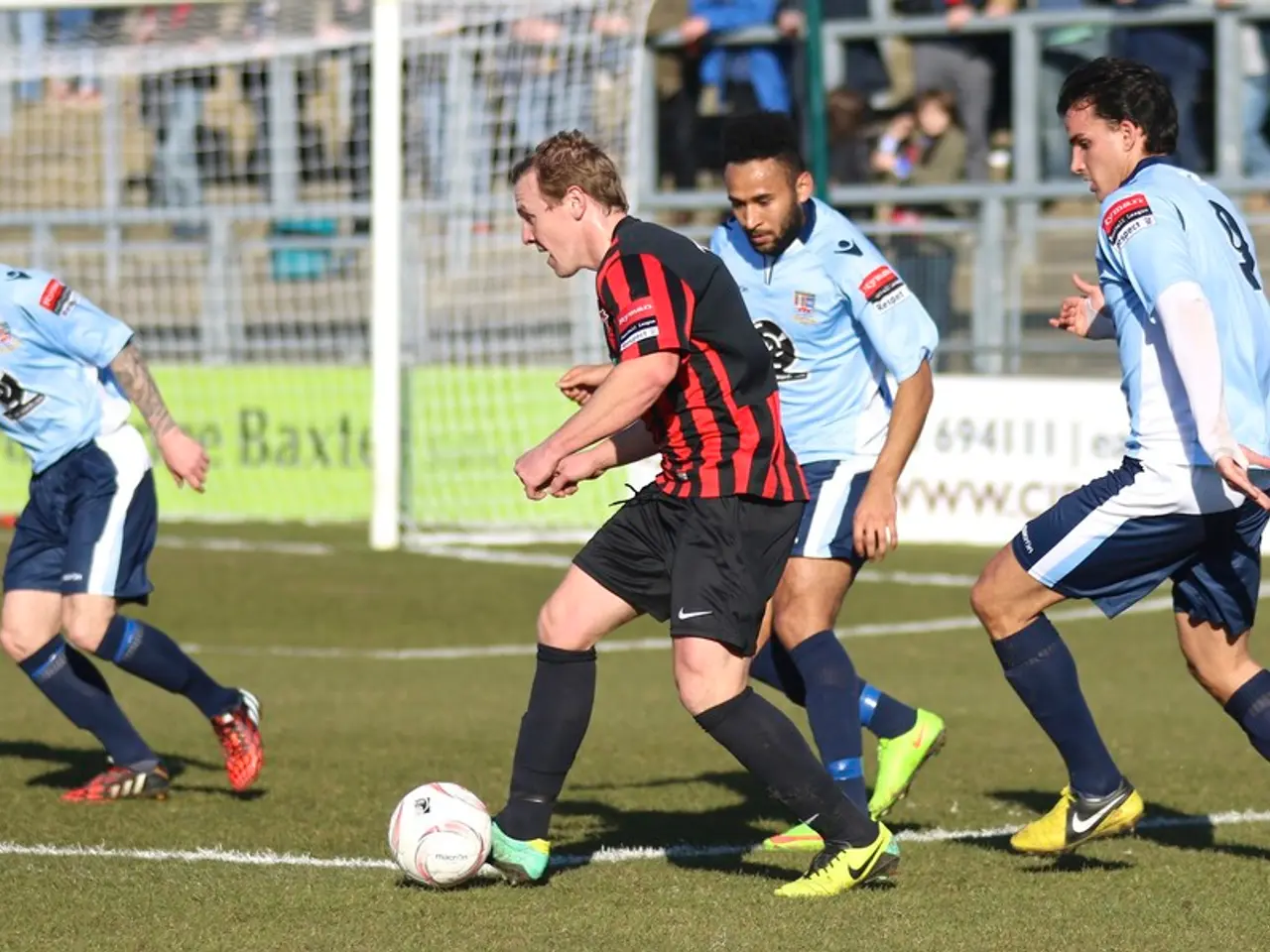Clashes erupt in anti-immigrant protests in the United Kingdom; authorities apprehend several individuals
On August 2, 2025, protests against immigration policies took place in the cities of Manchester and London, resulting in clashes and multiple arrests.
In Manchester, a march organised by the far-right group "Britain First" called for "mass re-immigration." The march was met by anti-racism counter-protesters, leading to brief violent scuffles at the start of the protest before police intervened to separate the two groups.
Meanwhile, in London, rival demonstrators gathered outside a hotel in the Barbican neighborhood, which houses asylum seekers. The confrontations required police action, with the Metropolitan Police reporting that they cleared a junction where counter-protesters had breached protest conditions. In total, nine arrests were made, seven of which were for breaching Public Order Act conditions.
The clashes in London have been part of a series of flashpoints that have occurred elsewhere in the UK, including the Epping area in northeast London. Protesters on both sides have expressed frustration over immigration and housing issues, while counter-protesters have condemned hate speech.
These incidents come at a time when concerns about housing shortages and social tension are high in the UK. The government is currently grappling with how to address the issue of immigration while ensuring that the needs of the local population are met.
This information is based on multiple credible news reports published on August 3, 2025.
References:
- BBC News
- The Guardian
- AFP
- Sky News
The world media reported on August 3, 2025, that significant incidents related to immigration and housing issues occurred in Manchester and London. In Manchester, a march organized by the far-right group "Britain First" called for "mass re-immigration," which culminated in clashes and multiple arrests. Simultaneously, in London, rival demonstrators gathered outside a hotel hosting asylum seekers, leading to confrontations that required police action and resulted in nine arrests, seven of which were for breaching Public Order Act conditions. These events are part of a series of flashpoints in the UK, straining the general-news landscape and raising political concerns over crime-and-justice matters.
